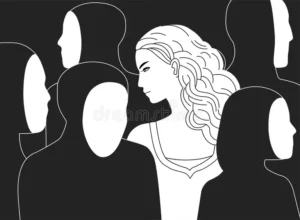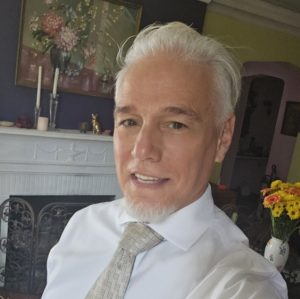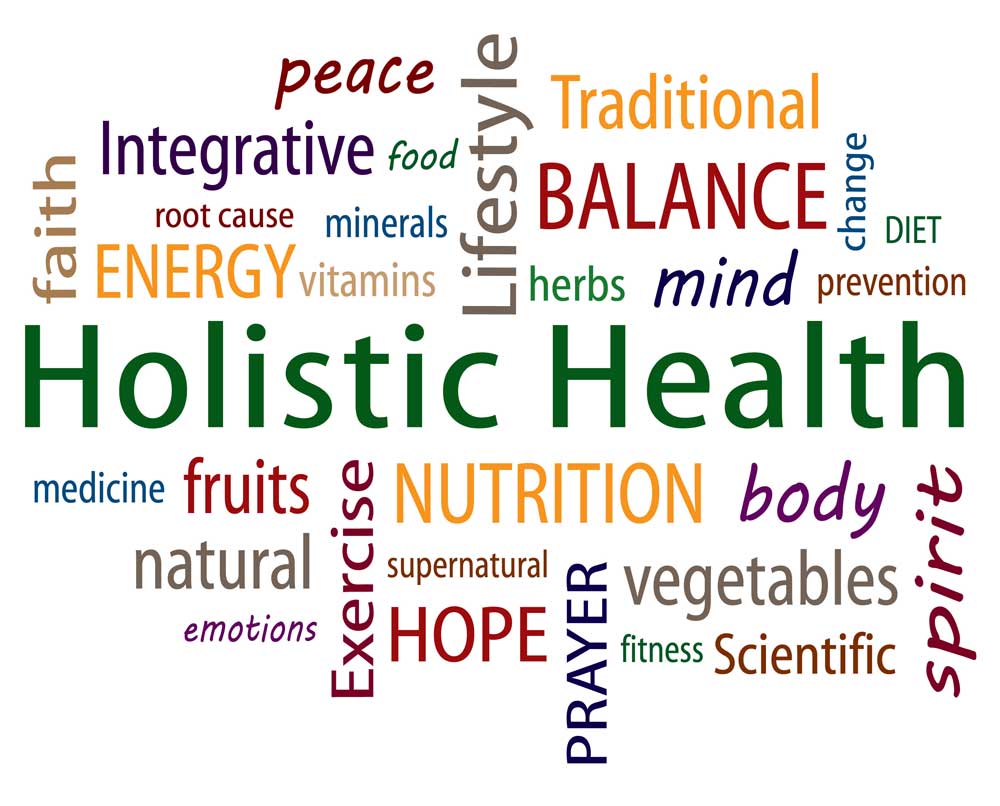
We start to relate through the practice of Meditation, we come to understand our loneliness while being alone with ourselves. What a concept!
“Feeling lonely” and “being alone” are two different situations in life and discerning the difference between the two, as they relate to our being, provides great insights into quieting down the thinking mind and helps us find our truth to the grand affliction of the disconnected state which is “feeling lonely” or “being alone.”

Dr. Sixto
Feeling lonely and being alone are distinctly different.
“Feeling lonely” and “being alone” are two different situations in life and discerning the difference between the two, as they relate to our being, provides great insights into quieting down the thinking mind and helps us find our truth to the grand affliction of the disconnected state which is “feeling lonely” or “being alone.” How we relate to our “emotions-feelings-thoughts” is critical in creating stories that accurately reflect our state of mind. This blog post aims to shed light on the often-overlooked issue of loneliness and its far-reaching consequences. By understanding and addressing the root causes of loneliness, we can work towards a more connected and healthier “Self” and society. Again, Feeling lonely and being alone are distinctly different. Discerning the difference between the two helps quiet down the thinking mind.
We find that these formidable feelings are brought down to scale by the practice of Meditation, we come to understand our loneliness while being alone with ourselves. What a concept! To juxtapose, have you ever been in the middle of a crowd of people and felt as if you were the only one around? Meditation allows us the opportunity to learn to counter the sense of loneliness and feel connected whenever and wherever we may find ourselves. We can sit on our own, and we can feel no sense of loneliness, we can feel very connected to people, and the universe.
Discomfort can be synonymous with meditation and it seems that all that brings discomfort is followed by or is a component of pain, whether physical or emotional. When we experience loneliness there is a hollow pain that we feel that we can not at times place or realize that it is lingering within our bodies; it is intense, yet eluding. Don’t elude meditation, it can greatly help.
What is our first impulse to emotional pain? Too often it may be to treat it with medication. And as an understandable response as it may be, experience shows that in haste we forget that pain (any type), needs our input, our knowledge first. Our system is letting us know that it needs our attention. Ah! Discerning the pain, and what it is trying to relate to us, is key in our awareness of “Self,” so in time we know what to do to override the distress messages and respond appropriately. When we holistically handle our pain, we treat the cause, and we avoid getting to a point where symptoms of unhealthy behaviors start to affect our bodies; and our minds.
Whereas a headache for example can inform us that we’re hungry or stressed just as a sore throat might be telling us that we need to rest our souls, the pain felt from the discomfort of disconnection from the life around us signals that there is a “story” being created that needs our attention. Our EFT’s (emotions-feelings-thoughts) are busy, emotional pain is present which provides us with valuable information about the state of our psyche, letting us know that we have been affected by something and that we would do well to focus our awareness inward. For example, just as we tend to a cut by cleaning and bandaging it, we treat a broken heart by surrounding ourselves with love and support. It’s in the process of healing that we learn about ourselves.
If we listen to our pain we will acquire the knowledge to heal ourselves. It’s natural to want to resist pain, but once we understand that it is present to give us valuable information, we can relax a bit more, and at times this simple gesture is enough to noticeably reduce the discomfort since the message has been heard. Perhaps we seek to medicate pain because we fear that if we don’t it will never go away and it may be comforting to know that we have that crutch. However, it is just a matter of listening and responding to the inner voice, that inner voice so loud and daunting.
To recap, “feeling lonely” or “being alone” is when there is a disconnectedness between our minds our bodies, our spirit, and the outside world. The next time you feel pain, either physical or emotional, you might want to try listening to your inner self take action, and through meditation understand that the message of pain is all about healing.
Lonelinss is comlple and a deeply personal experience. An eperience that can have significant effects on one’s mental and physical health.
Let’s explore the impact of loneliness and the state of being alone1
The Paradox of Loneliness in a Connected World
In an era where digital connections are at our fingertips, loneliness has emerged as a silent epidemic. Despite the ability to “connect” with others across various platforms, the quality of these connections often lacks depth, leaving individuals feeling isolated even in a crowded room. It is not so much about physical isolation, rather it’s a state of mind. A feeling of emptiness, disconnection, and being unwanted.
Health Implications of Loneliness
The effects of loneliness extend beyond emotional distress; they can manifest physically. Research has linked loneliness to an increased risk of chronic diseases shortening your healthy longevity. And chronic diseases highlight the critical nature of addressing loneliness as a public health concern. Make it a point to exert your time on quality connections a prioritize those that are meaningful and genuine. Build a support system of friends, family, or support groups. Have some self-compassion and understand that feeling lonely doesn’t mean you’re flawed; it’s a common human experience.
Social Isolation vs. Loneliness
It’s important to distinguish between social isolation and loneliness. Social isolation is the objective lack of social contact with others, while loneliness is the subjective feeling of being alone. One can be socially isolated without feeling lonely and vice versa.
The Role of Community and Society
Communities play a vital role in mitigating loneliness. Access to public spaces like parks, libraries, and transportation can foster social connections. Community programs and initiatives that encourage social interaction can also serve as a buffer against loneliness.
In conclusion through meditation, we can get comfortable more familiar, and more confident with being alone or feeling lonely. We learn to step back from the idea, and we start to experience the associated emotions and feelings as active witnesses and observers, without owning or taking on the perceived thoughts into our psyche. The story is not real. We identify our triggers whether they are recurring or brand new and we start to understand the big “L” as they pertain to ourselves. Over time those feelings start to take on less power of your thoughts and emotions bringing calm, peace, joy, and new ways to manage our social fabric.
The Art of Wellbeing is within reach, it is a daily state of mind of positiveness and grace, nothing more, nothing less. Keep this in mind: Feeling lonely and being alone are distinctly different. Discerning the difference between the two helps quiet down the thinking mind!
For further information on how you or a loved one could benefit from a Holistic Wellness, Whole Health path, please do not hesitate to contact me at sixto@drsixto.me.
To your Whole Health and Wellness, naturally!
Dr. Sixto J. Sicilia
Holistic Health & Nutrition Practioner
Founder, issimoUSA
1Loneliness vs. Aloneness: A Psychologist On Why The Difference Matters. mindbodygreen. Published June 30, 2020. https://www.mindbodygreen.com/articles/difference-between-loneliness-and-being-alone
